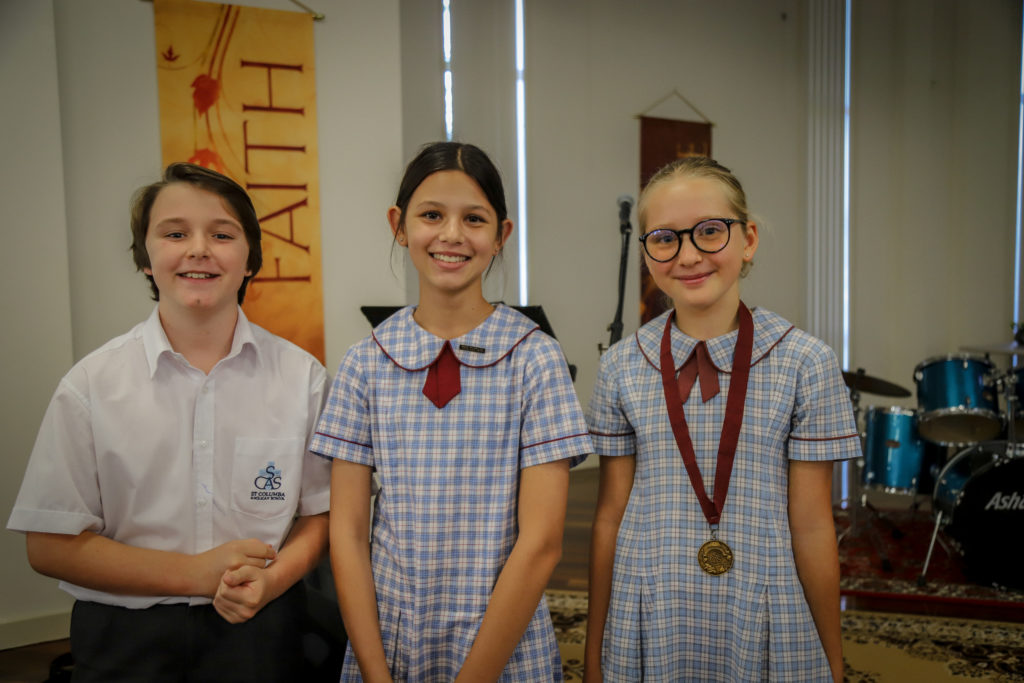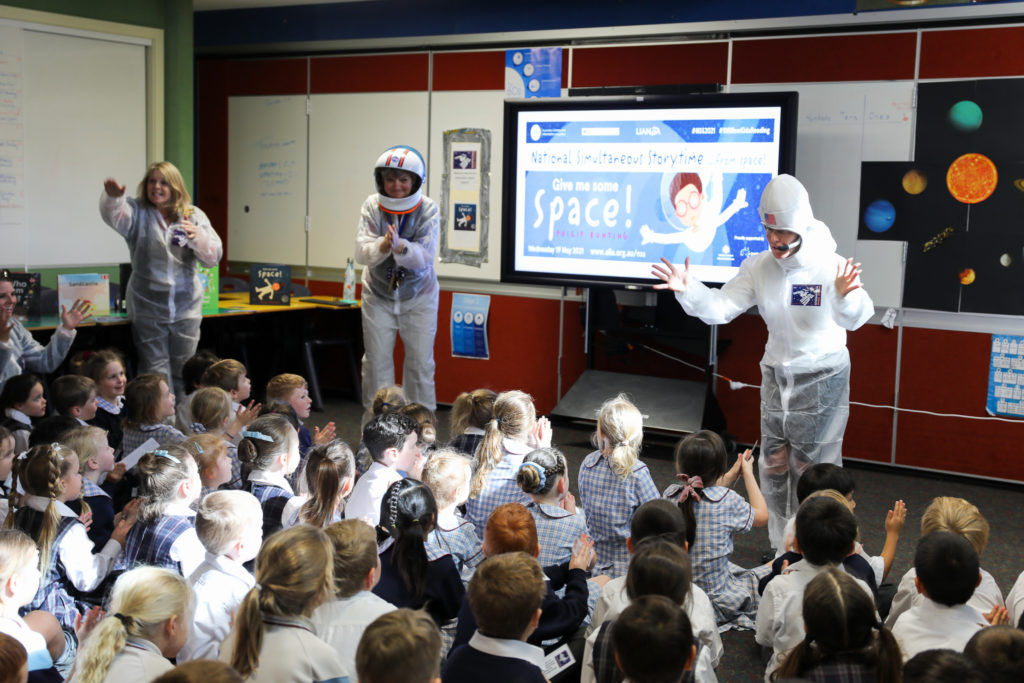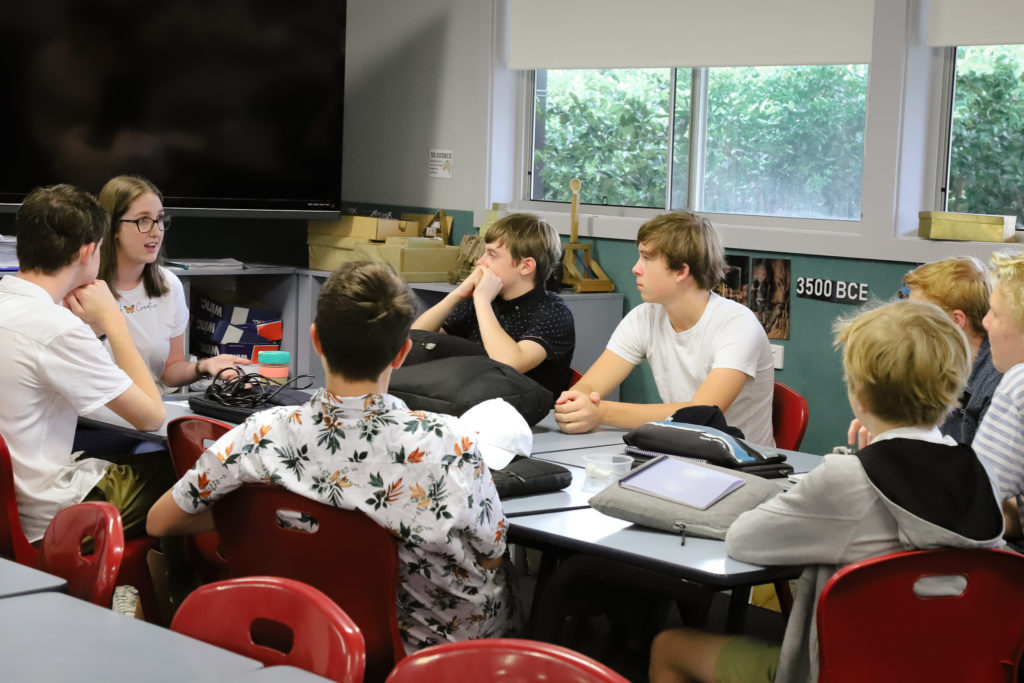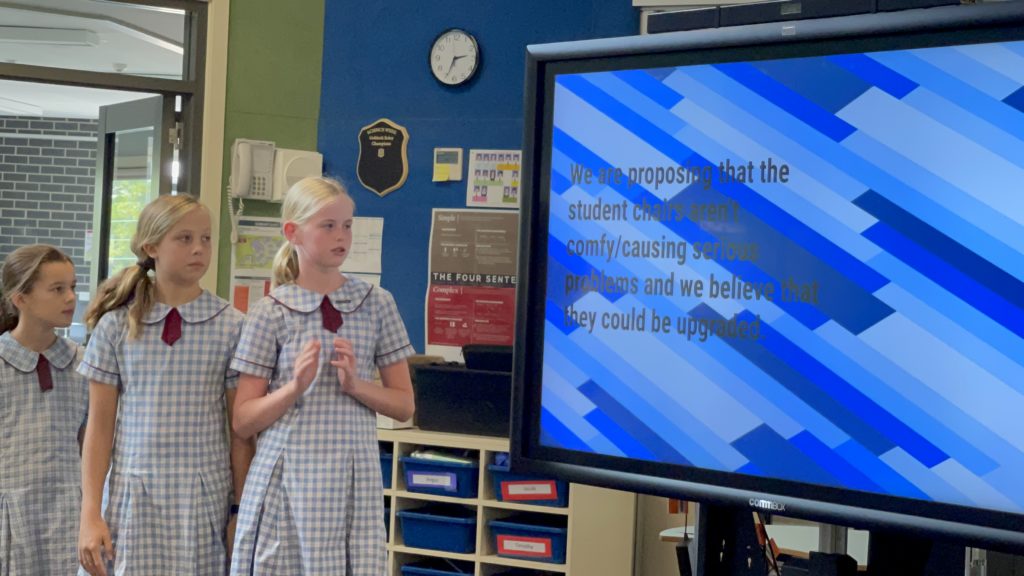
Humanities: ”The nourishing of life, and how it flourishes.”
(C. S. Lewis)
“To be human is to be at the centre of our own universe, to experience life in all its colours and all its potential. This is what we want to celebrate with Being Human – the awe of being alive and the thrill of discovering what it means to be us, the greatest wonder in the world.”
When, in 2018, we restructured the School and its learning model, one of the areas we deemed so important that it needed a specific leadership position was the study of the Humanities.
Elissa Strahely was chosen to head a directorship that covered the range of subjects and co-curricular activities that centre on the development of the individual within society and the skills necessary to live a full and productive life in that society.
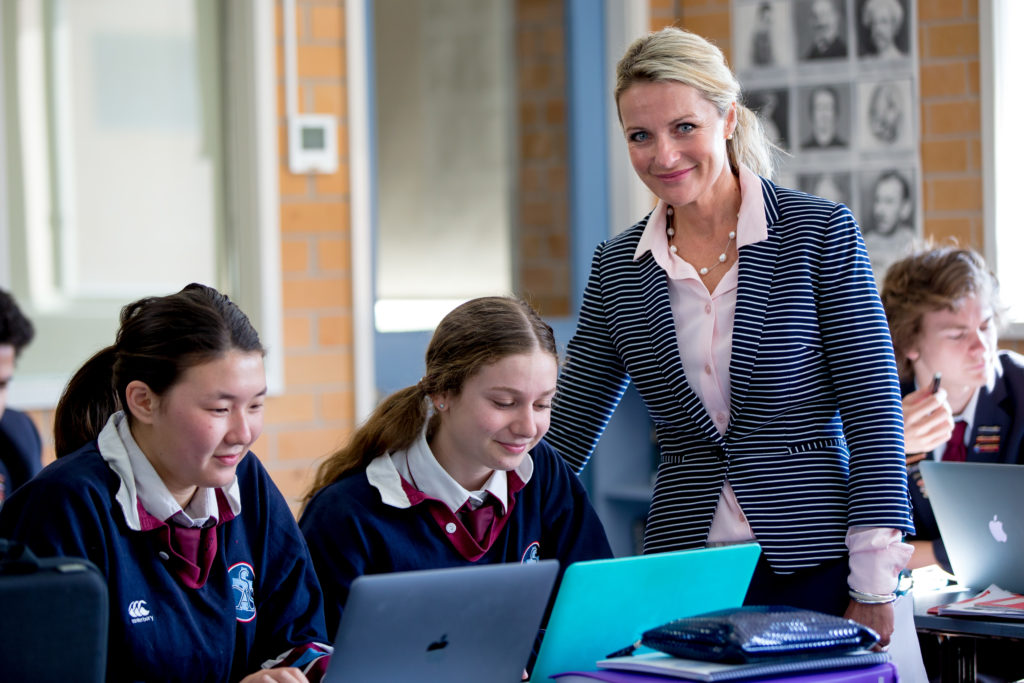
Saint Columba Anglican School (SCAS) in Port Macqurie. Pic: Lindsay Moller Productions. 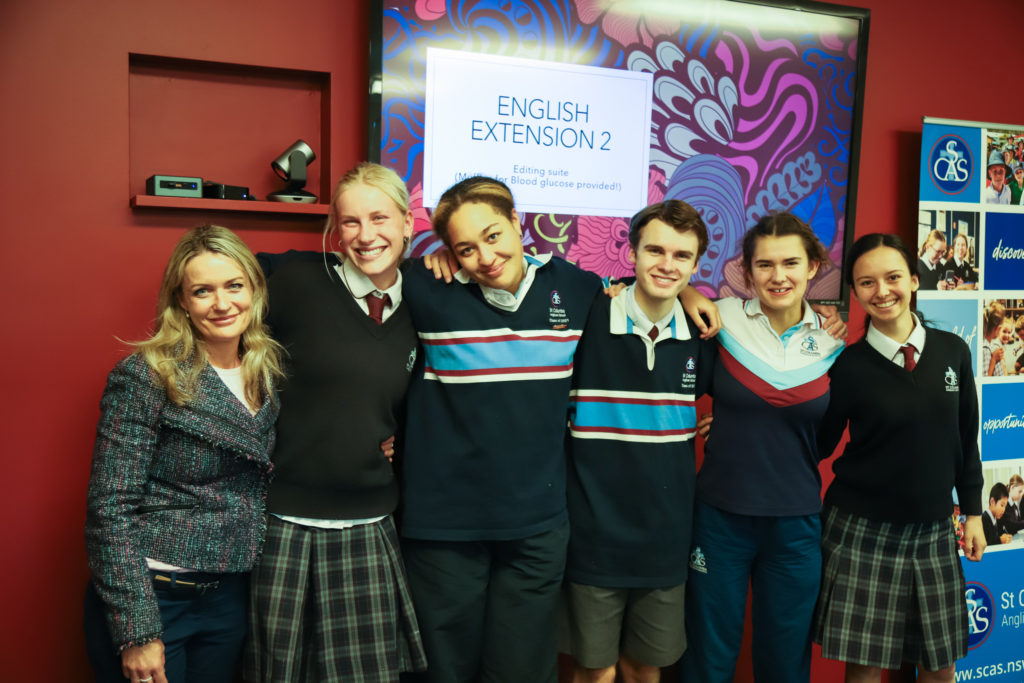
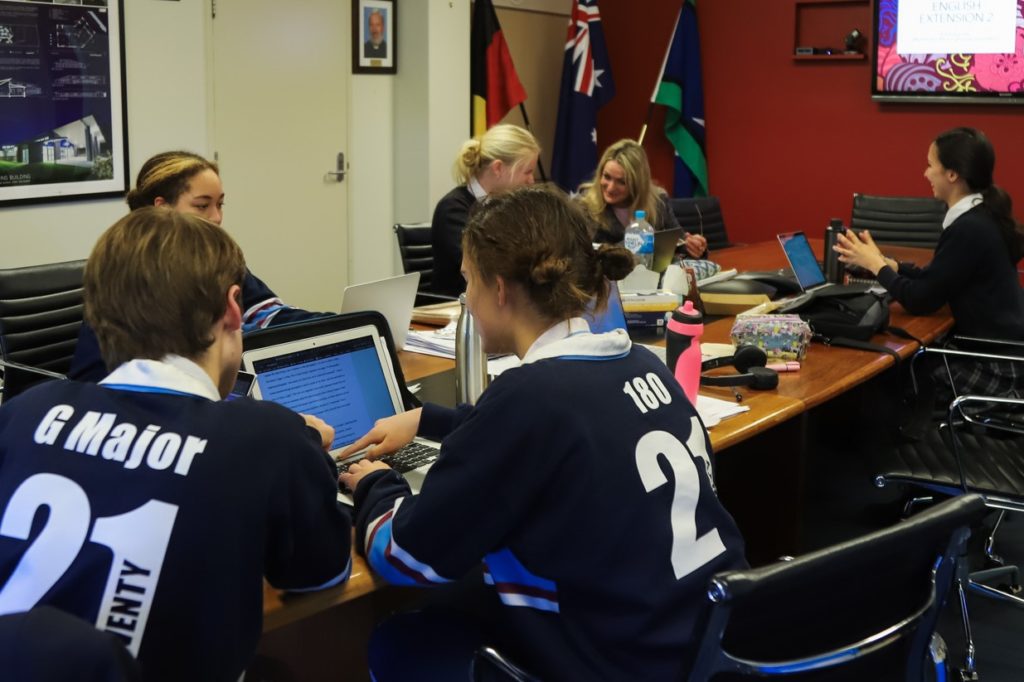
Elissa’s portfolio is extensive, covering subjects that deal with the capacity to communicate effectively in multiple modes, our history and its implications for our future, our economic systems and our capacity to be “fully human”.
In Elissa ‘s words “The priorities of the Humanities are to build on our significant achievements and position ourselves for growth in our region within a context of rapid social change and a time fraught with challenges. In a globalised world, our ability to successfully navigate cultural differences and diversity in language, histories, views and cultural practices cannot be understated; understanding others fosters social justice and equality. It teaches empathy, critical and rational thought in a world flooded with subjective, complex, imperfect information. The study of the Humanities builds skills in writing and critical reading and encourages us to think creatively, to reason, and to ask questions about our world.
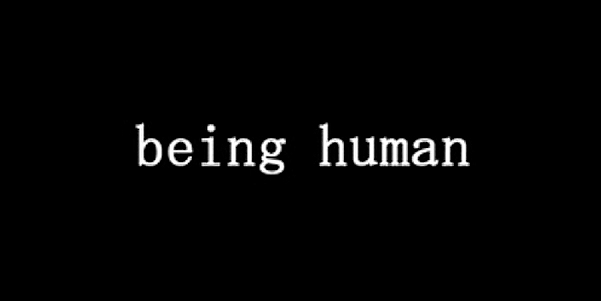
Being human means…
1. having the ability to communicate systematically using words, symbols, body gestures/posture, and facial expressions.
2. making our own decisions and bear the consequences of them.
3. making and wearing clothing, accessories, and other necessities for human life.
4. becoming individuals in the process of making our own life into what each one of us want to be in the future.
5. thinking about thinking, to ponder on the past, present, and future.
6. fitting into different personality groups, but our experiences with the personality type is special and different within ourselves.
7. fitting in different racial, cultural, religious, and political groups.
8. having a government.
9. being unique as an individual in our choices of who we want to be as a person, in our clothing, preferences, talents/gifts, perspectives, likes/dislikes.
10. living in an economy.
11. inheriting our genes and behaviours from our parents, grandparents, aunts, uncles and our great grandparents.
12. being unique and special as a species.
Why the Humanities Matter
In a world that increasingly focuses on the technical, the digital and corporate systems, the teaching of the humanities remains a key part of our educational focus.
This is because we believe that the teaching and learning of Humanities provide our students with:
- ways of understanding others through their languages, histories and cultures.
- a fostering of social justice and equality.
- an understanding of how people have tried to make moral, spiritual and intellectual sense of the world.
- empathy.
- the capacity to deal critically and logically with subjective, complex, imperfect information.
- how to weigh evidence skeptically and consider more than one side of every question.
- skills in writing and critical reading.
- encouragement to think creatively. They teach us to reason about being human and to ask questions about our world.
- the opportunity to develop into informed and critical citizens. (Without the humanities, democracy could not flourish).
A lesson from the Humanities:

Science can tell us how to clone a Tyrannosaurus Rex. Humanities can tell us why that might be a bad idea!
Terry Muldoon
Principal
Want to share your thoughts on this story, or do you have something you’d like to add? Email me at principal@scas.nsw.edu.au


